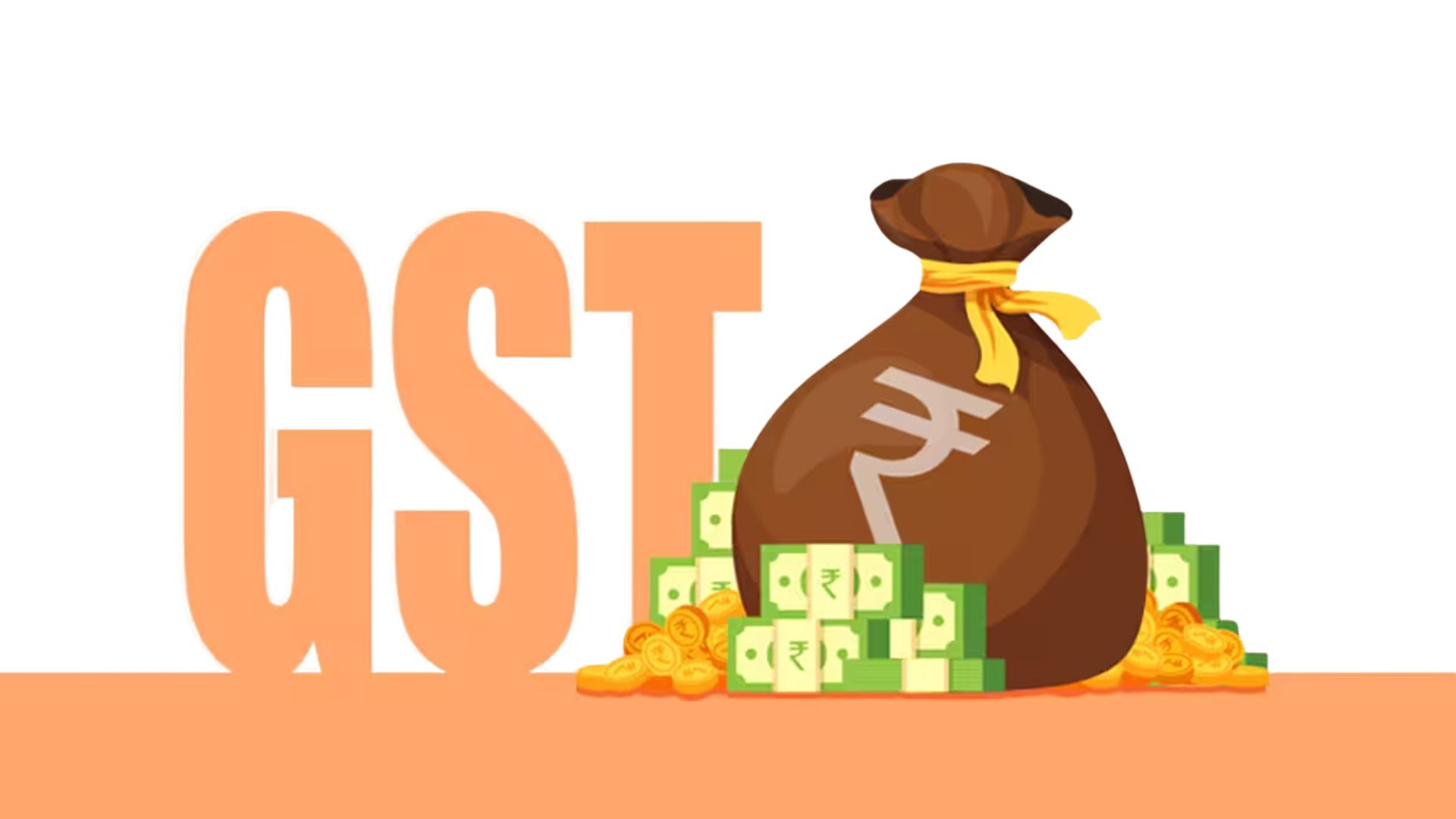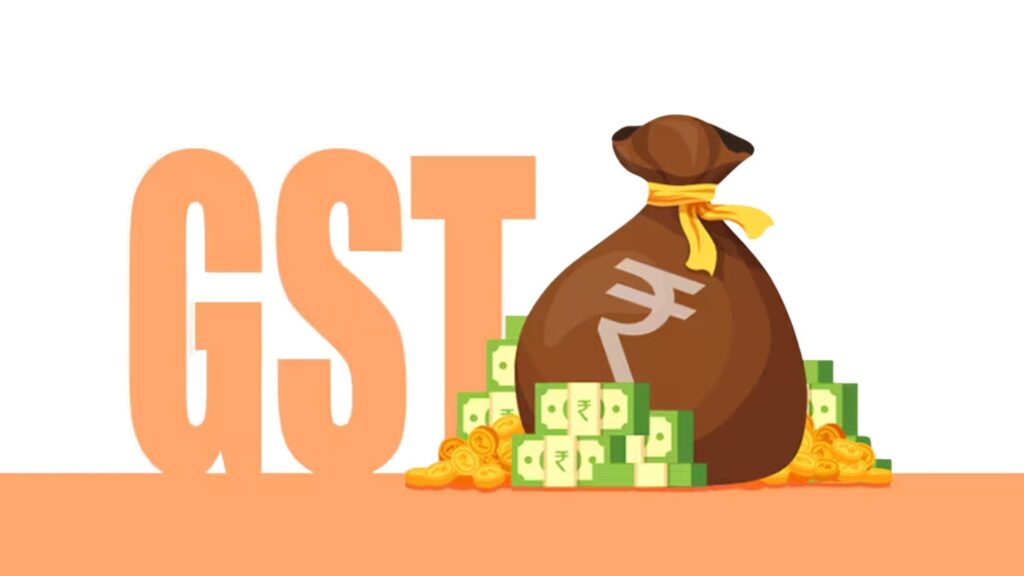
17 Jun NDA 3.0 Coalition Government: Impact on GST Reforms

Introduction
With the formation of the new NDA 3.0 government, led by a coalition of the BJP, Telugu Desam Party (TDP), and Janata Dal (United), there are many questions about how this will impact ongoing Goods and Services Tax (GST) reforms. Despite concerns, legal experts believe that the coalition government is unlikely to disrupt the broad direction of GST reforms. However, certain issues, such as the powers of tax officers, may come under renewed scrutiny.
Understanding GST Reforms
The Goods and Services Tax (GST), introduced in India in 2017, aimed to simplify the complex web of indirect taxes by creating a single tax system. GST reforms have focused on streamlining tax rates, improving compliance, and reducing the burden on businesses. The reforms are crucial for fostering a business-friendly environment and promoting economic growth.
Impact of Coalition Government on GST Reforms
Historically, GST reforms have enjoyed support across party lines, and experts believe this trend will continue under the new coalition government. The broad agenda of GST reforms is expected to remain on track, even as the coalition dynamics may influence specific priorities and timelines.
GST Council’s Role and Upcoming Meeting
The GST Council, comprising representatives from both the central and state governments, plays a pivotal role in shaping GST policies. The upcoming meeting on June 22 is significant as it will be the first since the coalition government took office. Key issues, including rate rationalisation and the powers of tax officers, are expected to be discussed.
Key Issues on the Table
Several important topics are on the agenda for the GST Council’s upcoming meeting. Among these are the rate rationalisation of GST and the checks and balances on the powers of tax officers. While rate rationalisation may be postponed, the focus is likely to shift towards reviewing the authority granted to tax officials.
Rate Rationalisation: On the Back Burner?
Rate rationalisation involves adjusting GST rates to make them more uniform and reduce classification disputes. However, due to the coalition government’s need to maintain harmony among its partners, potentially inflationary reforms like rate rationalisation may be deferred. This postponement reflects the delicate balance required to keep coalition partners satisfied.
Power of Tax Officers: A Focused Review
The powers of GST officials, particularly under Sections 69 and 70, have been contentious. Section 69 gives tax officers the power to arrest, while Section 70 allows them to summon individuals and demand documents. These powers are currently under review by the Supreme Court. Experts believe that the new government may push for greater checks and balances on these powers to prevent misuse and ensure fairness.
Enhancing Compliance and Ease of Doing Business
The coalition government is expected to prioritize enhancing compliance and making it easier for businesses to operate. Recent amendments to the Central GST Act have aimed to reduce scrutiny from tax officers and automate compliance processes. For instance, the GST Network’s new functionality to generate automated intimations helps taxpayers reconcile their input tax credit differences, minimizing human intervention.
Online Gaming and GST
The online gaming industry has been significantly impacted by GST. In October 2023, the GST Council imposed a 28 percent tax on the full face value of bets placed on online gaming platforms. This high tax rate has been a point of contention, with industry stakeholders arguing that it should be calculated on the gross gaming revenue instead.
Retrospective Taxation on Online Gaming
One of the most controversial aspects has been the retrospective application of the 28 percent GST on online gaming, dating back to August 2017. This move has led to massive tax demands and numerous legal challenges. Many gaming companies have received showcause notices for alleged GST evasion, amounting to significant sums.
Coalition Government’s Stance on Online Gaming
There is cautious optimism that the coalition government may reconsider the stringent GST policies on online gaming. Given the industry’s potential for growth and its contribution to the digital economy, reducing the tax burden could foster development and innovation in this sector. The government has hinted at reviewing the 28 percent levy post-elections, offering a glimmer of hope to the gaming industry.
Future of GST Reforms under NDA 3.0
Experts predict that GST reforms will continue to evolve under the new government, with a focus on enhancing compliance and reducing the administrative burden on businesses. While some contentious issues like rate rationalisation may take a backseat, the overall trajectory of GST reforms is expected to remain positive.


No Comments